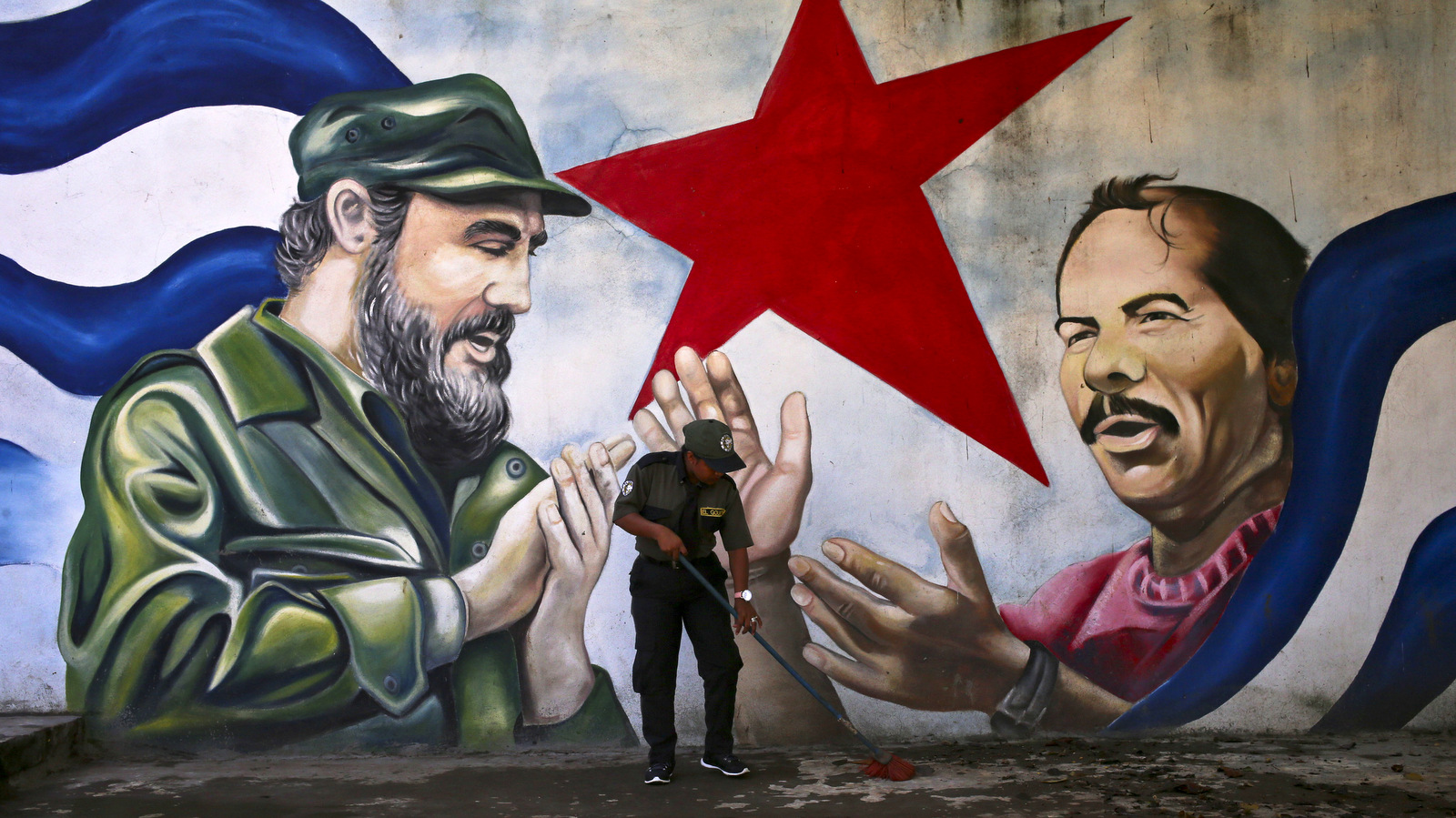Special to WorldTribune.com
After eight years of the Obama Administration’s whining, false modesty and general incompetence, President Donald K. Trump has backed into the U.S.’ logical if not inevitable role as world leader. [Aspirations for United Nations assumption of that responsibility are at best disappointing.]
It is ironic, to say the least, that America’s rediscovered leadership results from an erratic Trump political agenda which he himself labels “nationalist”. But the U.S.’ overwhelming economic and military capability coupled with domestic tranquility generates this world role almost spontaneously.

However managing those functions will not be easy.
Washington’s purview is huge, including a half dozen crises around the world. To evaluate their significance and their difficulties for policymakers is to compare apples and oranges:
Firstly, the U.S. faces a breakdown in its seven decades of trying to create a united Europe where world conflict has so often originated. Britain’s bumbling EU exit intensifies the always present overwhelming German presence. Yet these are leading nations with rich political cultures which, seemingly, will stumble into some solution if not unification.
In East Asia, with the expansion of a huge population in China [1.4 billion and another critical 40 million Southeast Asian Overseas Chinese], the world’s second largest economy, and political ambitions backed by a growing military, Beijing is the principal concern. There U.S.’ regional allies, including Tokyo despite enormous economic power, are inhibited, again ironically, either by Japan’s unprecedented population collapse or the South and Southeast Asian population explosions.
But it is in the Western Hemisphere where the U.S. has had the longtime option as an amateurish player which now faces new continental crises involving demands on Washington’s overtaxed foreign policy mechanism. The encroaching migrants on the U.S. southern border are only a manifestation of this growing hemisphere wide instability.
Puerto Rico is perhaps the epitome of the U.S. dilemma. In 2016 Congress passed what Puerto Ricans call “La Junta,” basically masking returning colonial rule, acknowledging self-government’s failure. After 2005 Puerto Rico had sunk into negative growth reflecting more than a century of dismal Washington administration. The Island was already $70 billion in debt when in 2017 Hurricane Maria caused 4,500 deaths and sent 200,000 – at least temporarily – to the Mainland, with an estimated $139 billion needed to fully recover.
Meanwhile, across the Caribbean Sea, crisis has overtaken Venezuela’s 32 million, with President Nicolas Maduro accusing Trump of asking neighboring Colombia to assassinate him.
Washington has imposed sanctions on Caracas, denouncing Maduro as a dictator who has quashed human rights and triggered an economic meltdown. Despite the largest oil and gas reserves in the world, since 2015 almost two million Venezuelans have fled severe food and medicine shortages, hyperinflation, and violent crime.
John Bolton, Trump’s national security adviser, in announcing new sanctions, called the U.S.’ neighboring leftist regimes in Cuba, Venezuela and Nicaragua a “troika of tyranny”.
Argentina’s Vaca Muerta (“Dead Cow”) shale-oil reserves are the world’s third-largest. If Argentina could attract foreign capital, the money could start flowing within a decade. But it has been said that the only problem Argentina has – with its incredibly rich soil, vast energy resources, no minorities problem and vast investment possibilities – are the Argentines themselves. [Argentina was the world’s fourth-largest exporter of wheat in 2006. By 2013 it had dropped to tenth place.]
Reform requires Argentines to confront their own unprecedented decline; no other country came so close to joining the rich world, only to slip back. Understanding why is the first step to a better future.
Brazil’s 210 million, a third of all Latin Americans, earlier this year elected Jair Bolsonaro, a fiery populist. Bolsonaro has said he approves of torture, promises to curtail environmental conservation efforts, and has a history of insulting statements about women, sexual assault, and gay people. Trump has warmly reached out to him for bilateral and Hemisphere multilateral collaboration.
There is hope if not ready solutions: Argentina’s short-termism distinguishes it from other Latin American countries that have suffered institutional breakdowns and recovered. Chile’s military dictatorship was a catastrophic fracture until it introduced long-lasting reforms. Mexico’s semi-dictatorial Institutional Revolutionary Party governed steadily for most of the 20th century. Reform from above has to be the hope of the Continent.
Sol W. Sanders, ([email protected]), is a contributing editor for WorldTribune.com and Geostrategy-Direct.com.

